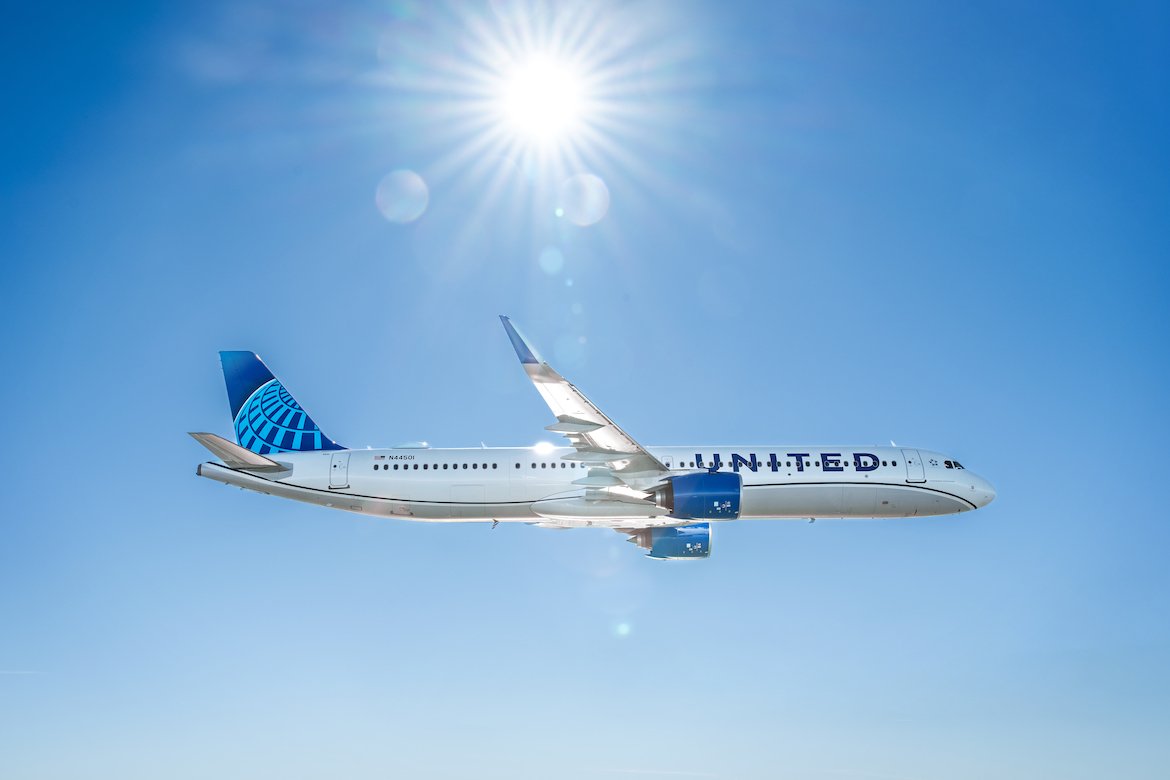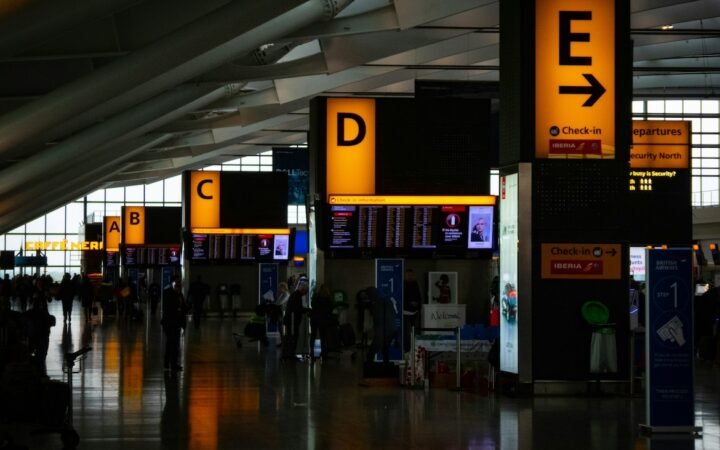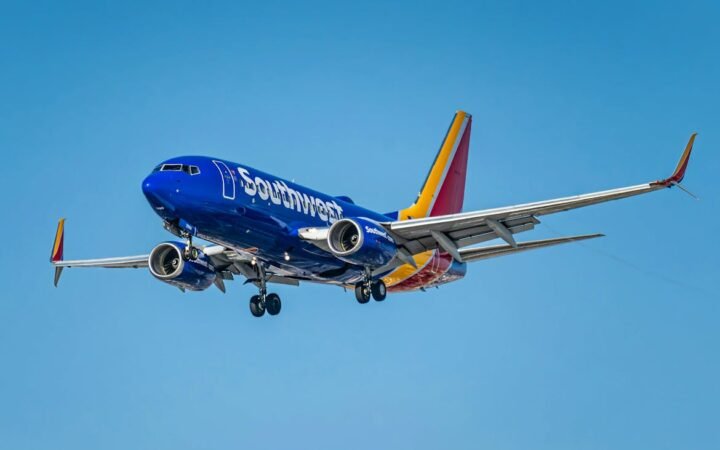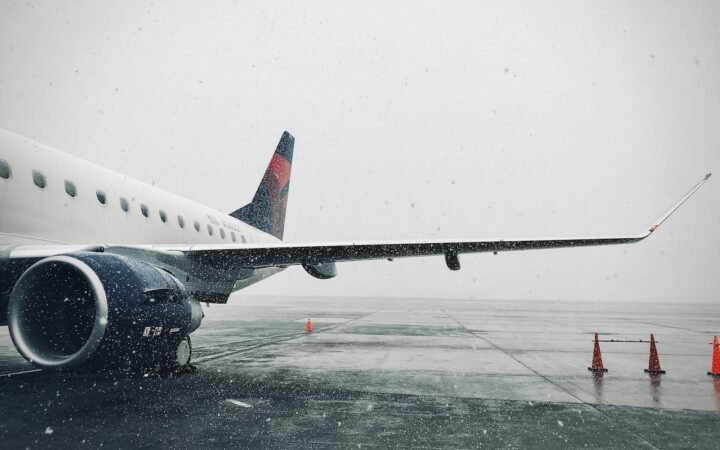
JetBlue Airways and United Airlines have officially received approval from the U.S. Department of Transportation (DOT) to move forward with their highly anticipated “Blue Sky” partnership. The joint venture aims to offer travelers more flight options, enhanced loyalty benefits, and increased competition across key domestic and international markets.
The DOT approval clears the final regulatory hurdle for the partnership, which has been under review since its initial announcement earlier this year. The collaboration allows the two carriers to coordinate flight schedules, pricing, and frequent flyer programs across select routes, primarily in the Northeast, Midwest, and international gateway hubs.
A New Strategic Alliance
The “Blue Sky” partnership is designed to position both airlines as stronger competitors to the major alliances that dominate global air travel. JetBlue, known for its customer service and low-cost innovation, and United, a member of Star Alliance with a vast global network, believe the partnership will unlock new efficiencies and opportunities for passengers.
“We’re thrilled to receive the green light from the DOT,” said Scott Kirby, CEO of United Airlines. “This partnership enables us to deliver better service and more choices to our customers while increasing connectivity across our networks.”
Robin Hayes, CEO of JetBlue, echoed the enthusiasm: “The Blue Sky partnership is a win for travelers. It will allow us to expand our reach and compete more effectively while maintaining our unique customer-first approach.”
Benefits for Frequent Flyers
The agreement also includes reciprocal frequent flyer benefits. Members of JetBlue’s TrueBlue program and United’s MileagePlus will be able to earn and redeem points across both airlines, making travel between carriers more seamless.
Critics of airline partnerships often express concerns about reduced competition and higher prices. However, the DOT’s ruling emphasized that the JetBlue-United partnership is expected to enhance competition, particularly against entrenched legacy partnerships, such as American Airlines and British Airways or Delta and Air France-KLM.
With regulatory approval now secured, the two airlines plan to begin rolling out joint operations later this year, starting with coordinated schedules in high-traffic corridors like New York-Boston, Chicago-San Francisco, and transatlantic routes.
This partnership marks a significant milestone for both carriers as they seek to redefine competition in an evolving post-pandemic air travel landscape.




